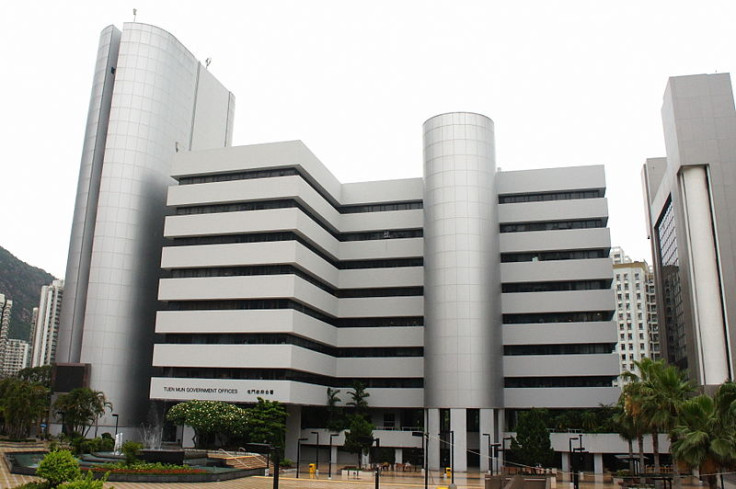Hong Kong: Hundreds of Domestic Workers Abused by Employers
Erwiana Sulistyaningsih case sheds light on lack of rights protection for Indonesian workers

Indonesian domestic helpers in Hong Kong are no strangers to human rights abuse. According to a report by Amnesty International, Indonesian migrant domestic workers are at risk of serious human and labour rights violations in Hong Kong.
Once Indonesian migrant workers arrive in the former British colony they often have their documents confiscated by their employer and their freedom of movement restricted.
"Amnesty International documented that the vast majority of the women interviewed had their documents taken by either their employer or the placement agency in Hong Kong and about a third of the respondents were not allowed to leave the employer's house," the report said.
Amnesty found that interviewees work on average 17 hours a day and many do not receive the Minimum Allowable Wage of HK$4,010 (£315) a month as stipulated by the Standard Employment Contract for foreign domestic helpers.
Many are physically or verbally abused by their bosses, prohibited from practising their faith and work seven days a week.
"Some regulations in Hong Kong exacerbate this problem. For example, migrant domestic workers are required, by law, to live with their employers as a condition for a work permit, preventing workers from moving out of their employer's house even when they are being exploited or are in danger of abuse.
"Amnesty International documented that many respondents did not have their own room, which leaves workers without privacy, on call 24 hour a day and more vulnerable to sexual harassment or violence."
Erwiana Sulistyaningsih is only the latest case of an Indonesian domestic helper who claimed she was tortured by her employers in Hong Kong.
Sulistyaningsih, 22, was reportedly unable to walk after eight months of abusive treatment and was admitted to hospital in a critical condition after returning home to Sragen in central Java, the Jakarta Globe reported.
Sulistyaningsih, who said her nightmare started in May 2013, said she did not receive her salary for the whole period.
her claims sparked protests in Hong Kong and demands that her employers face trial.
"We are workers. We are not slaves," chanted a crowd of several thousand domestic workers and their supporters as they marched to government headquarters on Sunday.
"I want the ones who tortured and wronged my daughter to be prosecuted and have justice done," her father, Rohmad Saputra, told Al-Jazeera.
"When you see cases like [Erwiana's]it's tempting to see them as isolated," Robert Godden, Amnesty's Asia-Pacific coordinator, said.
"But when you look into the specifics many of the factors leading to the abuse can be applied to thousands of migrant domestic workers: underpayment, restrictions on movement; you can see that she was heavily indebted by the illegal recruitment fees charged by the agency; and you can see that she didn't know how to access justice," Godden continued.
Secretary for labour and welfare, Matthew Cheung Kin-chung, was said to be "concerned" about the Erwiana's case.
"We will certainly step up enforcement action and, particularly, inspection of employment agencies," he said.
"We will impress upon all agencies in Hong Kong that they should protect the interest of helpers and also, at the same time, act as a bridge between employers and employees if necessary."
© Copyright IBTimes 2025. All rights reserved.






















